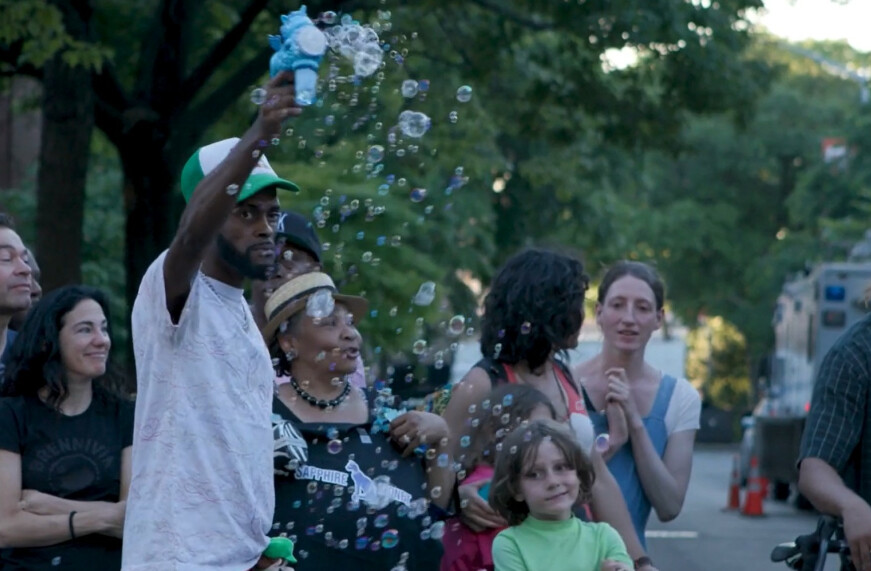Holy Apostles weekly email blast contains a great snapshot of the coming week and future featured happenings for our community.
Our Blog
Apostles Gospels 5-25-25

Holy Apostles weekly email blast contains a great snapshot of the coming week and future featured happenings for our community.
June 2025 is Pride Month

Join us for any or all of our Pride events in June.
Interfaith Service of Prayer
Kane Street Synagogue
Wednesday, June 11
6pm reception, 7pm service
The Legacy of Pauli Murray featuring Dr. Carla Stephens
All Saints' Park Slope
286 7th Avenue
Brooklyn, NY
Saturday, June 14, 3-6pm
Celebrate Brooklyn Pride and our LGBTQ+ community at All Saints' with our special Pride program! This year we welcome Dr. Carla Stephens, director of the Queer Leadership Program at Bard Simons Rock. Dr. Stephens, who is a scholar of Episcopal priest and legal influencer Pauli Murray, will speak about Dr. Murray's legacy. Following the program at 6pm, we will walk to 5th Avenue to join other Episcopalians to march in the Brooklyn Pride Parade. All are welcome!
Pride Parade 6:30pm on 5th Avenue
Want to march with the Episcopal Churches in Brooklyn? Please email Kevin to let him know. There will be poster making!

